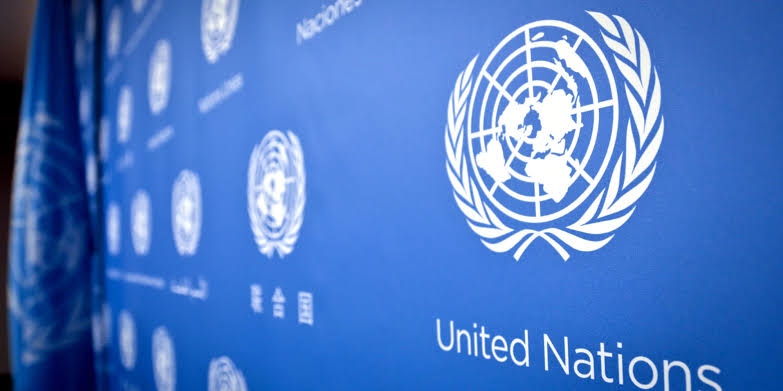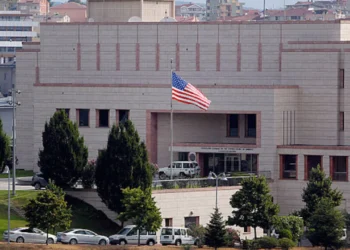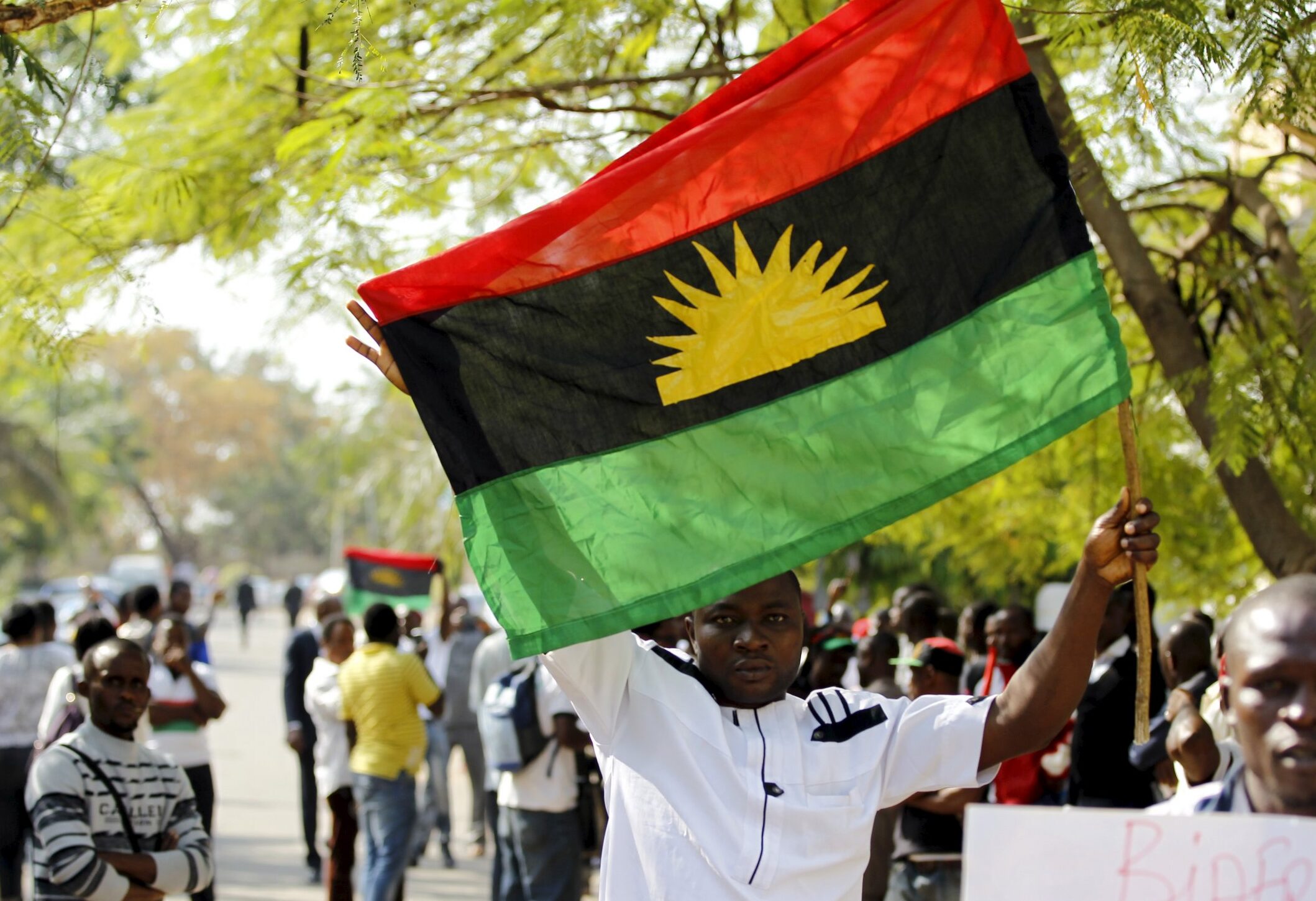UN agencies have issued an urgent warning about the rising cases of mpox in the Democratic Republic of Congo’s refugee camps. In these overcrowded camps, where immune systems are already compromised due to harsh living conditions, the spread of the disease is almost inevitable.
With over 7 million people displaced across Congo, this central African nation is grappling with one of the worst displacement crises in the world. This includes those fleeing from internal conflicts and disasters, as well as refugees from neighboring countries like Rwanda, Burundi, and South Sudan. To make matters worse, in eastern Sudan, a dam burst has left scores missing and at least 20 villages underwater, according to the United Nations.

The UNHCR has reported 42 suspected mpox cases in refugee camps and transit centers in South Kivu, eastern Congo. The situation is dire: nearly 2 million internally displaced people and refugees are crammed into these shelters with no space for basic health measures, let alone isolation protocols. Dr. Allen Maina, the Public Health Chief for UNHCR, highlighted the almost impossible task of enforcing health measures under such conditions. “Those fleeing violence cannot isolate themselves when symptoms appear; many are resorting to sleeping in the open to avoid infecting others,” he stated, painting a pitiable picture of the reality on the ground.
According to the World Health Organization (WHO), Congo has recorded over 18,000 suspected mpox cases and 615 deaths this year alone. In response to the outbreak of a new variant, clade Ib, WHO has declared a health emergency. Mpox, a disease characterized by flu-like symptoms and pus-filled lesions, is primarily spread through sexual contact but can also transmit through close physical contact.
Despite the alarming numbers, it’s unclear whether the cases in Congo are of the more contagious clade Ib strain. WHO spokesperson Margaret Harris noted that South Kivu is an area where this variant is predominantly circulating, adding to the devastating issue.
The sad reality is that these camps could very well become breeding grounds for a broader epidemic if immediate actions aren’t taken. Maina emphasized the urgent need for disease prevention and better camp conditions, which seems like a tall order in a country already stretched to its limits. As the world watches, one can only hope that this potential health crisis doesn’t escalate into yet another catastrophe for the Congolese people.

















